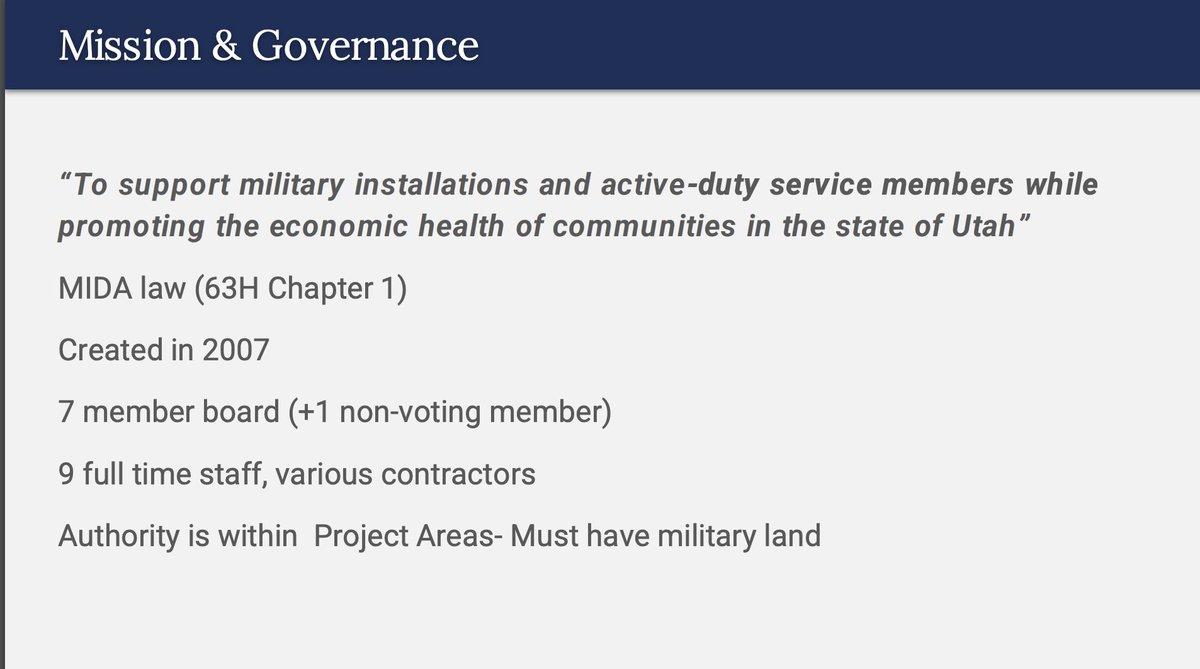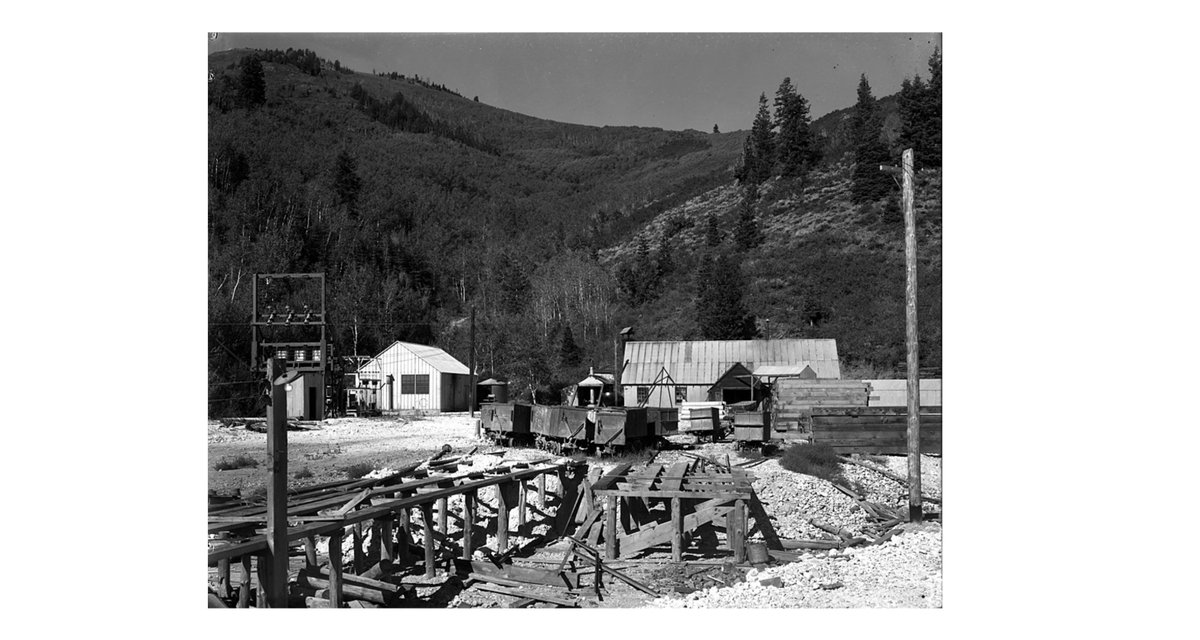There comes a time in a real estate scammer's life where he breaks out from the pack and does something so ludicrous that he becomes something more, deserving of a place in the annals.
For Elie Schwartz of Nightingale Properties, I believe that moment came yesterday, w the revelation that he used crowdfunded investor money to YOLO on First Republic Bank shares.
Here's a timeline of how the biggest con job in real estate crowdfunding has gone down so far...

For Elie Schwartz of Nightingale Properties, I believe that moment came yesterday, w the revelation that he used crowdfunded investor money to YOLO on First Republic Bank shares.
Here's a timeline of how the biggest con job in real estate crowdfunding has gone down so far...

June '22: Nightingale goes into contract to buy Atlanta Financial Center, 1M sf office complex that needs lots of love, for $182M. Seller Sumitomo willing to take a big loss ($225M PP) to get it done. Nightingale intends to raise $76M for the acquisition through Crowdstreet, a crowdfunding platform.
OM reads: “$10B Enterprise Sponsor Brings Trophy Asset with Huge Potential in Hot Market.” (Crowdstreet designates Nightingale as its highest-tier sponsor, touting its track record and large portfolio)
“We feel very well-insulated from any sort of uncertainty out there. Even if there's a recession and a little bit less rent growth, we're still going to be cheaper than the competition” on rents, says Nightingale's acq. guy Will Hutton.
Aug' 22: Nightingale raises $62M from 700 investors through Crowdstreet, setting a record for RE crowdfunding. Some investors cry foul that the company didn't disclose a loss-making deals in OM (Crowdstreet listed N/A for rate of return for those deals…) Nightingale dismisses omissions as irrelevant to overall track record. Potential RoR for deal touted as 28.1%.

OM reads: “$10B Enterprise Sponsor Brings Trophy Asset with Huge Potential in Hot Market.” (Crowdstreet designates Nightingale as its highest-tier sponsor, touting its track record and large portfolio)
“We feel very well-insulated from any sort of uncertainty out there. Even if there's a recession and a little bit less rent growth, we're still going to be cheaper than the competition” on rents, says Nightingale's acq. guy Will Hutton.
Aug' 22: Nightingale raises $62M from 700 investors through Crowdstreet, setting a record for RE crowdfunding. Some investors cry foul that the company didn't disclose a loss-making deals in OM (Crowdstreet listed N/A for rate of return for those deals…) Nightingale dismisses omissions as irrelevant to overall track record. Potential RoR for deal touted as 28.1%.

Oct' 22: Original closing date missed, w difficulties getting financing cited as cause. Bumped back to February.
April/May '23: Some frustrated investors want out, but Nightingale can't process refunds fast enough. Crowdstreet launches investigation into deal.
June '23: Crowdstreet tells investors it cannot guarantee availability of funds… Forensic accountant Anna Phillips appointed by investors as fiduciary. Nightingale pushes for lower PP, but seller is already taking a big 💇
April/May '23: Some frustrated investors want out, but Nightingale can't process refunds fast enough. Crowdstreet launches investigation into deal.
June '23: Crowdstreet tells investors it cannot guarantee availability of funds… Forensic accountant Anna Phillips appointed by investors as fiduciary. Nightingale pushes for lower PP, but seller is already taking a big 💇
July 14, '23: Fiduciary (Phillips) drops bombshell. “The bottom line is that the money that was raised by both entities has been misappropriated,” she says, referring to $ raised for Atlanta & Miami deals. Only $125K sits in ATL-related bank acct. Phillips says much of the $ was transferred to Schwartz and Schwartz-affiliated entities. Informs investors that she has put the 2 entities into Chapter 11. Immediate backlash focuses on WTF Crowdstreet was doing here and why it didn't check if the deal closed.
Crowdstreet informs investors that effective June 5, its deals are funded through third-party escrow accounts and funds only released upon closing (too late for the poor sods who invested w Nightingale, tho) Platform said the change was slated for August anyway, but moved up.
July 18: Crowdstreet uses the "we're a marketplace" argument, expresses shock, horror that someone would knowingly violate their operating agreement.
"Does that not concern somebody?” CEO Tore Steen asks (well, yes, Mr. Steen, it should concern you)

Crowdstreet informs investors that effective June 5, its deals are funded through third-party escrow accounts and funds only released upon closing (too late for the poor sods who invested w Nightingale, tho) Platform said the change was slated for August anyway, but moved up.
July 18: Crowdstreet uses the "we're a marketplace" argument, expresses shock, horror that someone would knowingly violate their operating agreement.
"Does that not concern somebody?” CEO Tore Steen asks (well, yes, Mr. Steen, it should concern you)

July '23: Nightingale's acq director Hutton leaves firm (Likes posts about fiasco on LinkedIn). Avi Kollenscher, a Related alum who helped run investments, also out (his LI doesn't mention Nightingale at all)
Crowdstreet CEO and co-founder Tore Steen pushed out. Replaced by BlackRock alum Jack Chandler
WSJ reports that Nightingale's operating agreement on the crowdfunded deals stipulated that disputes would be settled by a rabbinical court. Paper reviews 100+ Crowdstreet deals and finds many missed returns, involved further capital calls, and one deal where a sponsor lied about its track record (that sponsor was later sentenced to prison for fraud).

Crowdstreet CEO and co-founder Tore Steen pushed out. Replaced by BlackRock alum Jack Chandler
WSJ reports that Nightingale's operating agreement on the crowdfunded deals stipulated that disputes would be settled by a rabbinical court. Paper reviews 100+ Crowdstreet deals and finds many missed returns, involved further capital calls, and one deal where a sponsor lied about its track record (that sponsor was later sentenced to prison for fraud).

Aug' 23: Bankruptcy and court filings reveal more of the sordid mess. $3M of investor money from the Nightingale deals was reportedly sent to a loan servicer. Transfers were classified as "3rd party - reason unknown." Fiduciary Phillips pushing hard for intel.
Schwartz-affiliated entities got > $45M from deal monies. Fiduciary says Schwartz's lawyers sent a settlement proposal, which she saw as “not acceptable because the terms are not fair, and it’s also unactionable."
Crowdstreet's crowdfunding peers scramble to assure investors that model is fundamentally sound, highlight their escrow clauses and most excellent due diligence.

Schwartz-affiliated entities got > $45M from deal monies. Fiduciary says Schwartz's lawyers sent a settlement proposal, which she saw as “not acceptable because the terms are not fair, and it’s also unactionable."
Crowdstreet's crowdfunding peers scramble to assure investors that model is fundamentally sound, highlight their escrow clauses and most excellent due diligence.

Sept' 23: Restructuring officer reveals that in March, Schwartz diverted $12M of investor funds to make a bet ($6M stock, $6M options) on First Republic Bank's rally.
“Those shares and options became almost worthless,” he said. “That money is gone, unfortunately."

“Those shares and options became almost worthless,” he said. “That money is gone, unfortunately."

Absolutely riveted by this story. As @EllliotttB said, no parody could do it justice. There will be a lot more, so stay tuned.
(Sources: Some seriously good reporting from @trdny , @Bisnow , @WSJ @AtlBizChron over the past year)
(Sources: Some seriously good reporting from @trdny , @Bisnow , @WSJ @AtlBizChron over the past year)
• • •
Missing some Tweet in this thread? You can try to
force a refresh











